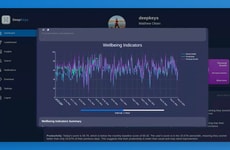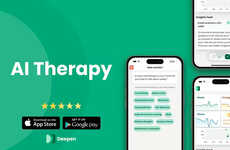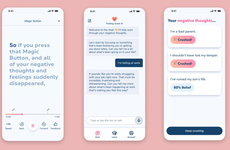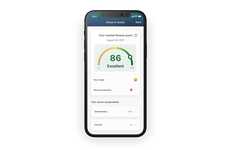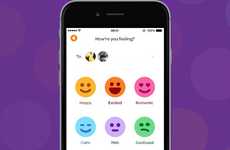
Ginger.io Uses Big Data for Mental Health Treatment
Alyson Wyers — January 31, 2015 — Tech
References: ginger.io & springwise
This service uses your smartphone data for mental health, in particular for those in Utah. Healthcare startup Ginger.io's grant-funded project focuses on helping treat patients in America's most depressed state. If our mood has a direct impact on the way we use our smartphones, then behavioral analytics can be performed on the way we communicate and act. Patterns can be found, especially if the actions of people change dramatically.
This sort of big data for mental health can be used to help doctors stay in touch with their patients in between sessions. This means there are benefits for both individuals with chronic conditions and care providers trying to better manage their practice and understand their at-risk patients.
This sort of big data for mental health can be used to help doctors stay in touch with their patients in between sessions. This means there are benefits for both individuals with chronic conditions and care providers trying to better manage their practice and understand their at-risk patients.
Trend Themes
1. Big Data for Mental Health - The use of smartphones as a data source for mental health treatment and diagnosis presents opportunities to analyze behavioral patterns and personalize care.
2. Remote Monitoring - The use of digital tools to monitor mental health remotely can improve communication between healthcare providers and patients, leading to better care management.
3. Personalized Mental Health Treatment - Leveraging big data and remote monitoring technologies can help personalize mental health treatment, resulting in better patient outcomes and improved quality of life.
Industry Implications
1. Healthcare - The healthcare industry can leverage big data and remote monitoring technologies to improve mental health treatment and diagnosis and provide more personalized care.
2. Technology - The technology industry can develop innovative digital tools to collect and analyze mental health data, offer remote monitoring, and facilitate personalized treatment.
3. Telecommunications - The telecommunications industry can facilitate the use of smartphones and other digital devices for mental health data collection and remote monitoring, driving innovation in mental healthcare.
3.9
Score
Popularity
Activity
Freshness





